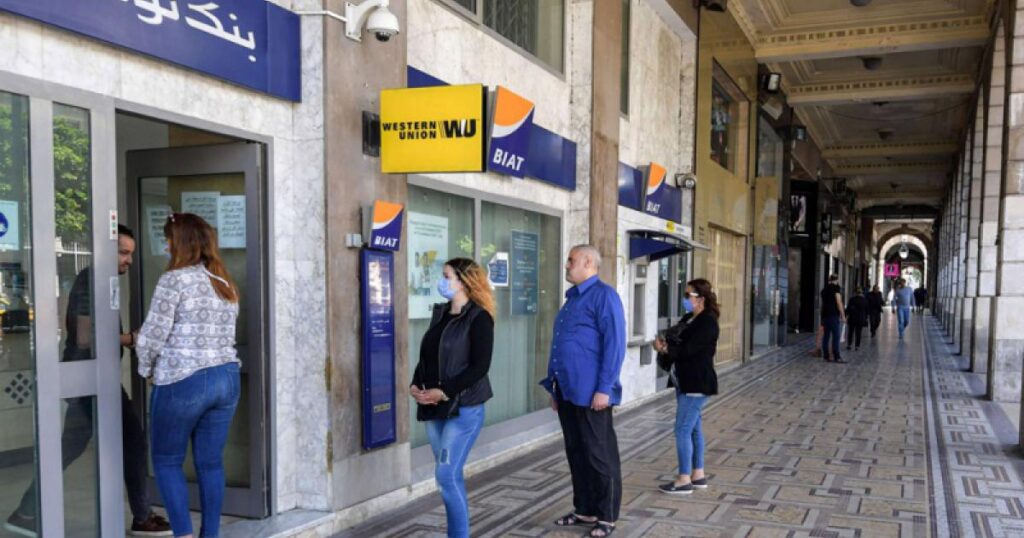Tunisia – President Qais Said of Tunisia is working to curtail abuses in the country’s banking industry, particularly with regard to interest rates that have been pushed up by creditors and hurt the country’s consumer sector, which is one of the country’s main economic drivers.
A presidential decree sanctioning banks and banking organisations that impose combined interest rates was issued by President Saeed.
The official pioneer, the state’s official magazine, reported that the order penalises banks with fines “ranging from thirty thousand (10000 USD) to one hundred thousand dinars” (33 thousand dollars).
According to the decree, the combed interest rates represent “every financing process assigned to a total profit rate that exceeds when assigning financing, the rate of the actual profit rate applied during the previous sixth by banks and financial institutions. ”
The rule was issued in response to a Tunisian citizen’s complaints about some banks’ lack of respect due to the central bank’s permitted interest rates.
Economic experts confirm that Tunisian banks do not seriously contribute to development and investment because they do not provide facilities to grant loans to young groups to invest in projects with the aim of reducing the phenomenon of unemployment. As a result, the banks are making great jokes while the country is experiencing an economic crisis, which raises many questions.
The cost of various banking services, which the Central Bank insisted were free, also irritates the Tunisians.
The central bank raised the directorate’s interest rates many times, in order to curb inflation, the last of which was the beginning of this month, as the interest rates raised about 25 basis points to reach 7. 25 percent.
The bank also made the decision to increase savings interest rates by around 25 basis points, or to 6.25 percent.
Tunisia is experiencing an unprecedented economic downturn as a result of a number of issues, the most notable of which are the fallout from the conflict in Ukraine, the rise in raw material prices, as well as a sharp spike in inflation.
Inflation in Tunisia increased to 9.1% during September from 8.8%, according to figures this month from the National Institute for Statistics (a government entity).
6 percent in August, despite the local plenty of basic goods continuing to fluctuate and their prices rising globally.
Criticisms affect banks and banking institutions in Tunisia, amid fears of the slip of the economic and financial situation in Tunisia and the repetition of what happened in Lebanon when the protesters poured their anger on banks and held them part of the responsibility for the deterioration of the financial situation in the country.
On the other hand, banks assert that their financial activities are regulated and conducted in accordance with the laws of the central bank, stating that the problem is related to the lack of confidence brought on by a breakdown in communication between bank employees and the general public.
Tunisia’s president issued a decree fining banks for charging excessive interest rates.

